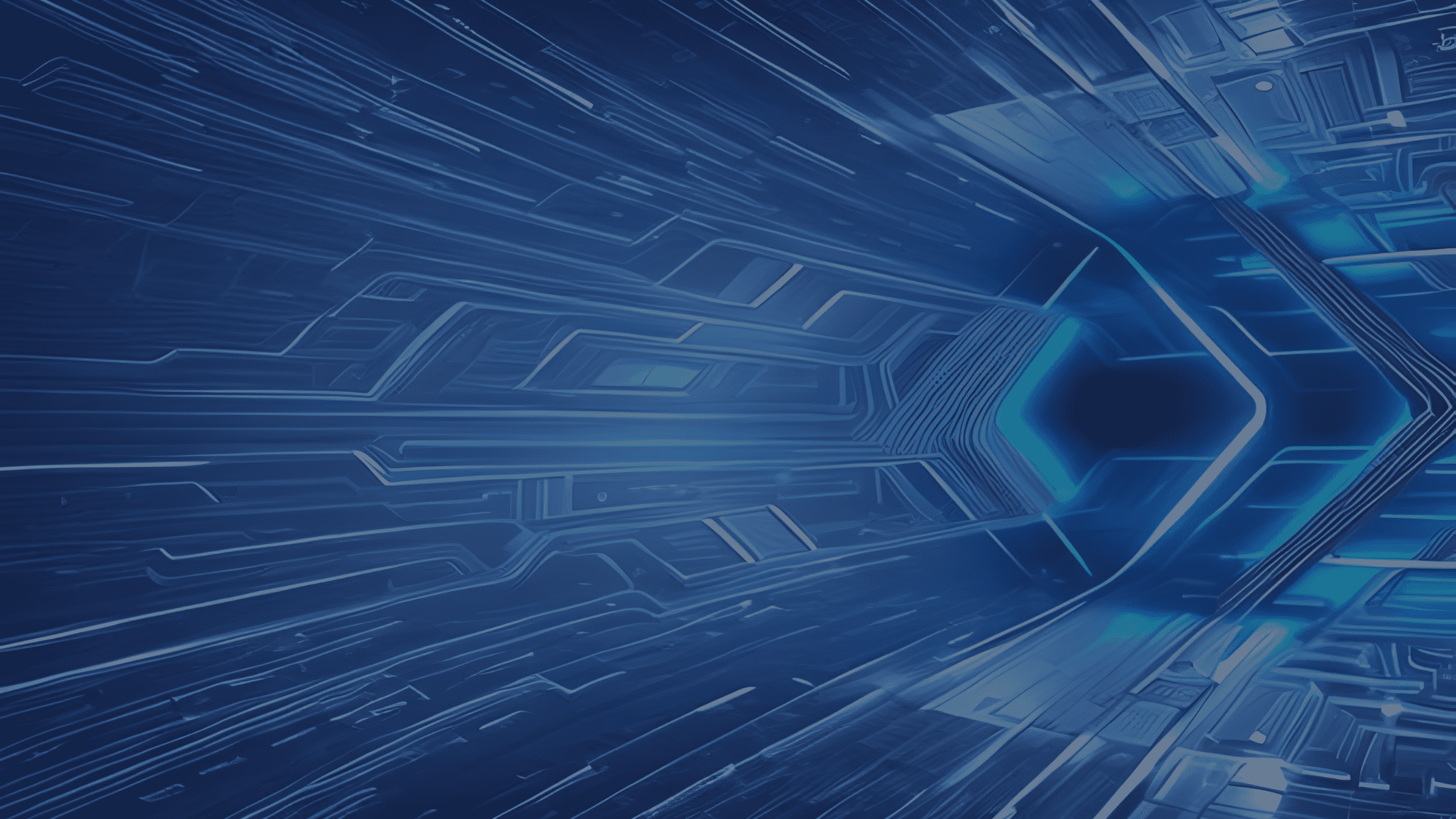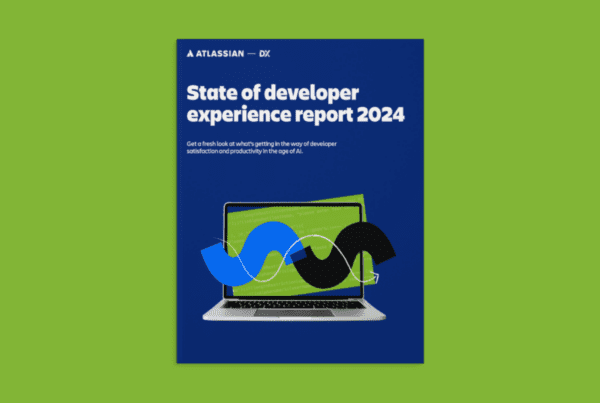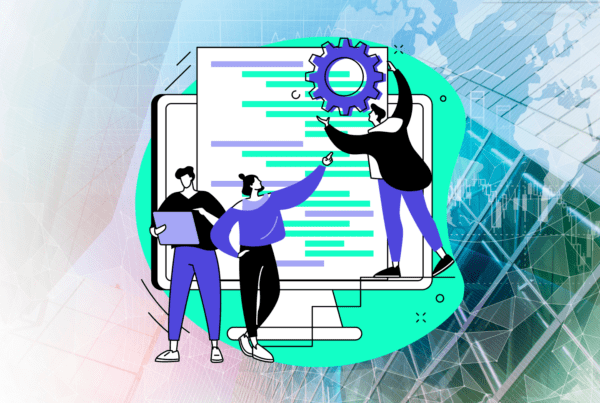The world of software development is standing at the cusp of a revolutionary change, marked by the rise of generative AI-assisted software work (e.g. GitHub CoPilot, Replit GhostWriter and Cody by Sourcegraph to name a few). In its latest research, PluralSight’s Developer Success Lab investigates the impact that AI-assisted coding is having on developers, the pressure it’s putting on them to upskill and the need for equity and opportunity in tech organizations.
The Human Center of the AI Shift
“A human-centered understanding of the transition to AI-assisted coding is needed to inform pressing questions about developers’ experiences, work and wellbeing in the midst of rapidly-changing expectations” – The New Developer Report
This comprehensive study surveys over 3,000 software engineers and developers across over 12 industries, delving into the human-centric issues that accompany the transition to AI-assisted methodologies.
It asks pertinent questions:
- Is there evidence that AI Skill Threat (see section below for definition) exists in software engineering teams today, and if so, how does it impact engineers across roles and identities?
- What factors increase the likelihood of AI Skill Threat in developers?
- What factors mitigate AI Skill Threat in developers?
- Can software teams benefit from novel measures of important metacognitive beliefs about success for their own contexts, such as software engineering Contest Culture, and what is the state of these beliefs for developers?
AI Skill Threat
A key concept introduced by the research is the ‘AI Skill Threat’, a term that encapsulates the fear and anxiety many developers experience as they face the potential obsolescence of their current skills.
Roughly 43-45% of developers surveyed in this study express concern, worry and fear about whether they could ‘succeed in this era of rapid generative-AI adoption’. This worry has a negative impact on their own productivity and efficiency and ultimately is the foundation of the ‘failure to thrive’ that the researchers discuss in depth.
The research pinpoints a competitive mindset and the pursuit of “innate brilliance” as factors exacerbating this fear. Such an environment stifles innovation and leads to a decline in developer morale.
Charting a Path Through Learning and Belonging
However, the report isn’t just a harbinger of challenges; it also illuminates a path forward to assist engineering leaders grappling with the AI Skills Threat: the Developer Thriving framework.
It emphasizes that a learning culture and fostering a sense of belonging can bolster resilience among developers as they navigate this new AI-assisted realm. The research underscores the importance of these elements not only for individual growth but also for enhancing overall team productivity and effectiveness.
The Equity Challenge in Upskilling
74% of developers surveyed plan to upskill in the area of AI in software development.
However, equity emerges as a central concern in the transition to AI-assisted coding. The study reveals that Racially Minoritized developers face a higher AI Skill Threat and perceive a lower quality in AI’s outputs. According to the study, 56% of Racially Minoritized developers reported a negative perception of AI Quality, compared with 28% of all developers.
In addition, female and LGBTQ+ developers are less likely to engage in upskilling for AI-assisted workflows, pointing to potential equity and opportunity gaps that organizations must address.
Generative AI Adoption Toolkit: A Resource for Change
Accompanying the research is the Generative AI Adoption Toolkit, a suite of resources designed to help integrate learning and belonging into engineering practices. This toolkit aims to provide teams with actionable tools to assess and address AI Skill Threat, as well as track progress in adapting to AI-assisted development. It is free to all and can be found here: https://www.pluralsight.com/product/flow/developer-success-lab/dsl-navigatetoolkit
The New Developer study has revealed the nuanced implications of generative AI on software development, highlighting a notable ‘AI Skill Threat’ among developers and underscoring the need for a shift towards a learning-oriented and inclusive culture within tech environments. The research not only points out the challenges, particularly in terms of equity and the pressure on developers to upskill, but also provides strategic resources through its Generative AI Adoption Toolkit to aid teams in adapting to AI-assisted workflows. This study marks a crucial step in understanding and navigating the role of AI in software development, emphasizing the importance of human-centered approaches to foster growth, mitigate fear, and harness the full potential of AI integration in the industry.
Resources The New Developer Report: https://www.pluralsight.com/resource-center/guides/new-developer-research-paper



